You know what they say – it’s hard to take your own advice.
Every month I see investment opportunities come through the Yena community with accompanying pitch decks to showcase the business proposition.
Some of these are fantastic. Some need work. Either way, I’ll always do my best to provide simple, objective tips that can help improve readership, awareness and interest from investors.
Yet we’ve been working on our own for 12 months and it’s still not done.
The truth is that it never really will be finished.
A business is a moving organism, changing every day. The moment it stops is more likely complacency than perfection. Trends shift, expectations change, revenues sway, profit-margins move and every version of the deck looks different as a result.
However, over this time we’ve learnt a lot more than we ever did providing tips to eager founders and I wanted to share them with you:
1. Get the narrative right
We realised after too long that people – especially local and/or those who have known us for a long time – have a natural predisposition to view Yena as what is currently is or has previously been. Often people still refer to us by our previous acronym, for example, which we moved on from a while ago!
Once we realised this we switched the narrative. Instead of starting with our story so far and what Yena currently is, we switched to a mission-led pitch. Starting with the ‘blue sky’ version of what we want to be, tends to sound incredibly ambitious, but by following up with our story we can show our traction so far as a bootstrapped small team – doing a lot with not a lot – which puts any doubts to rest and shows we’ve ‘done the work’.
2. Build the deck from there
Once we figured out the narrative, we adapted the pitch deck to reflect it. We realised people would be getting halfway through the 12 pages and still wondering ‘what are they doing/trying to do?’. In fact, the first version of the deck didn’t even paint a picture of our eventual (very exciting, if I say so myself) vision at all.
The number of pages is also important. Investor-types are generally very busy people, so ensuring people see this document as a benefit, not a strain, on their time.
3. You won’t please everyone
We’ve been incredibly lucky to have awesome advisors help us along the way, mentoring us on figures, narrative, content, etc. However, it’s true to say that everyone has an opinion and while that may be what they specifically want to see, you have to be true to yourself. If you create something for someone else and don’t have confidence pitching it then it won’t work. It’s far better to create the truest form of what you want to build and then convince people or find others who ‘get it’.
4. ‘Horses for courses’
In reality, due to the above, you’ll likely end up with multiple versions that work for different types of people.
If you’re in the position of needing the money rather than worrying about where it comes from (which, I can’t stress enough, you really should care about), then having multiple versions for multiple personas is helpful. Even if you have people of similar personalities reading it, the differences they’ll expect from angel to early-stage VC are quite stark and often different to what you might expect.
5. There will never be a ‘finished’ version
All said and done, you won’t ever have a ‘finished’ pitch deck. It’s a living, breathing document that will continuously change for all of the reasons above and more beyond that.
What we’re finding so far is that the best medicine is to be ok with that and just commit to the round anyway.
As a company, we’re committed to being as transparent as possible over the next 12 months onwards in order to demystify the world of starting up.
We realise that most fundraising stories are told in hindsight; about how hard it was, and what they’d change if they started again. We wanted to take a different, refreshing, – ‘rebellious’ if you will – approach and share the journey as we go.
With our fundraising efforts now started, it’s likely we’ll learn a lot more and hope to share this via blogs like this and possibly on video as we’ve started to record our Monday Meetings (currently available only to the forgiving Yena community while we trial the content & production process).

